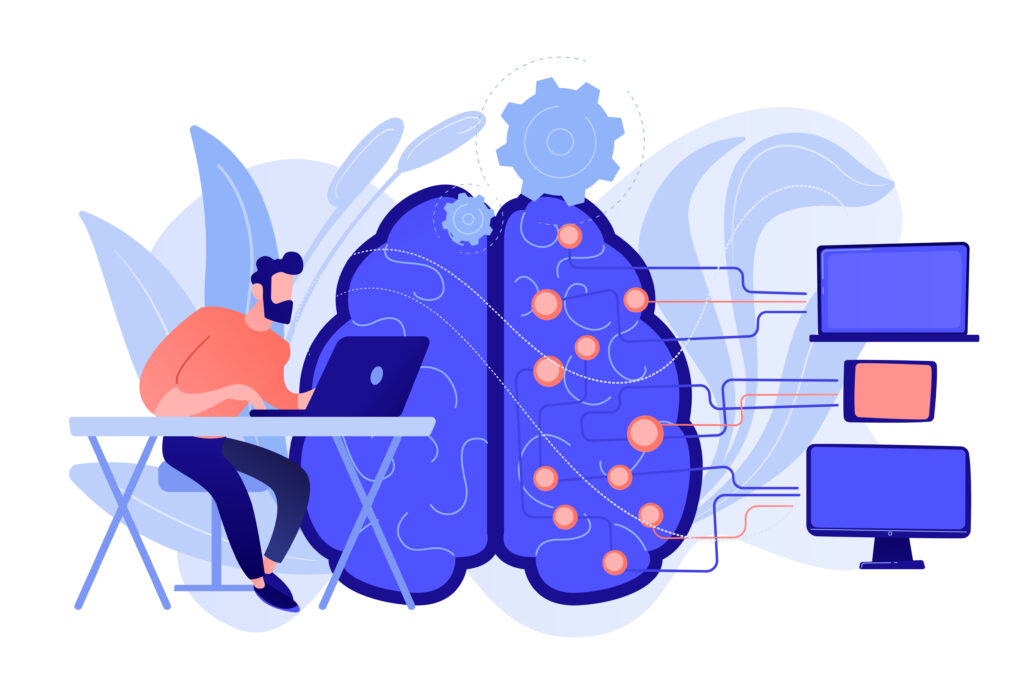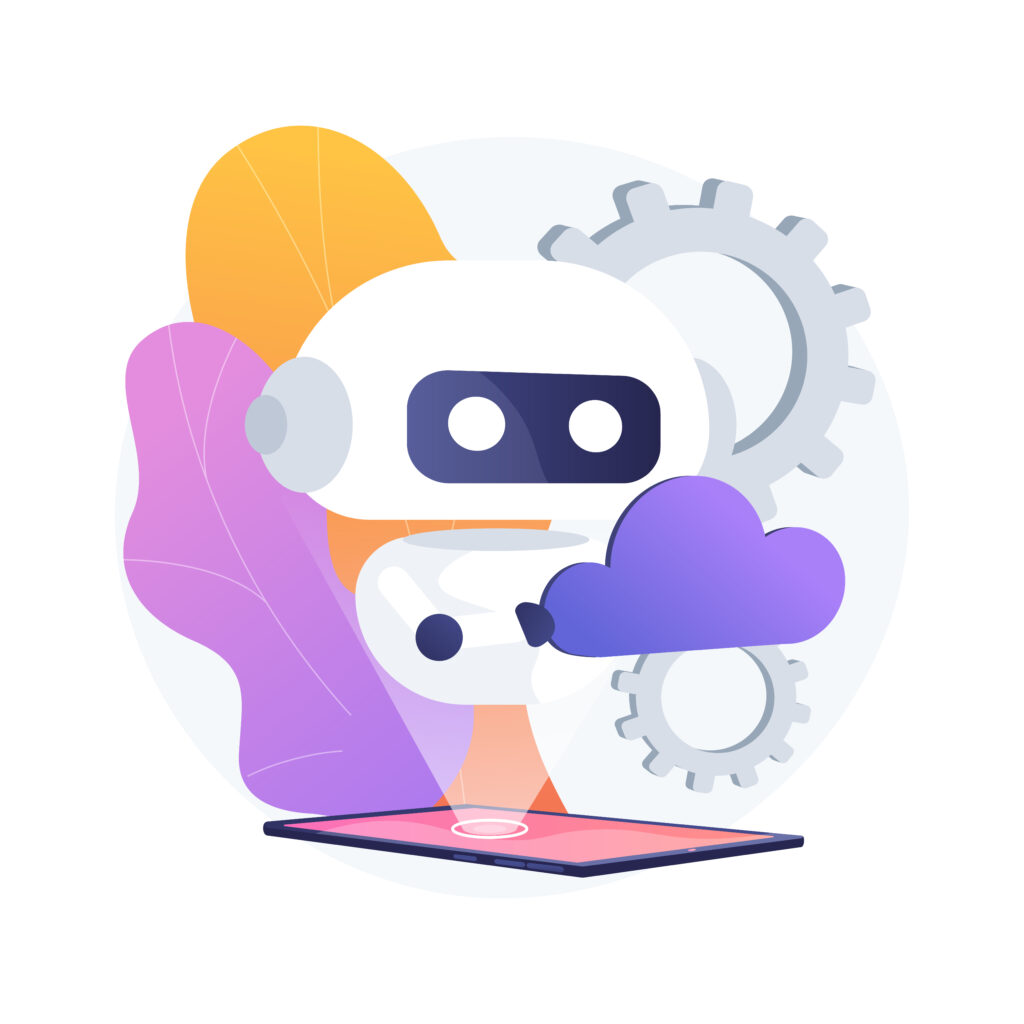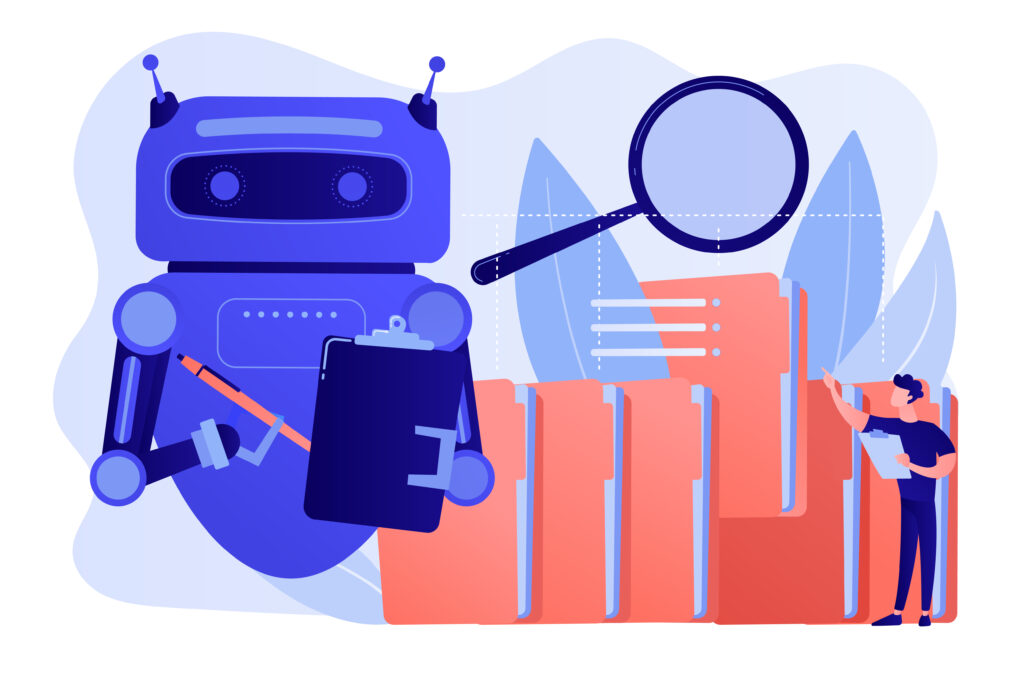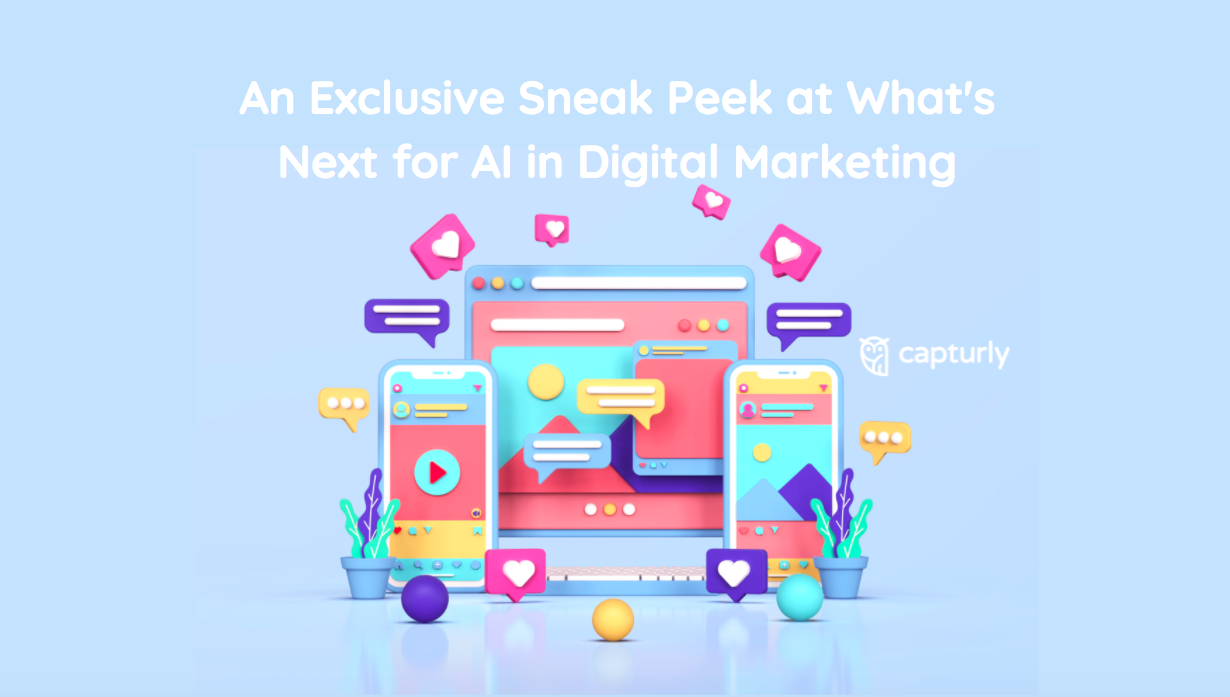As we know the Covid-19 epidemic has unquestionably affected global operations. While it has an impact on the majority of businesses, it has also allowed many of them to branch out into other areas. Also to find new methods to stay competitive. The pandemic had no mercy on the field of digital marketing.
Table of Contents
What is artificial intelligence (AI)?
According to Wikipedia, “artificial intelligence” refers to machines and computers that replicate “cognitive” functions. Such as learning and problem-solving that humans identify with other human minds.
It’s a branch of computer science that aims to decipher the essence of intelligence and create a new intelligent machine that thinks, responds, and executes tasks. All these are based on the input it receives, much like people do. Speech and image recognition, natural language processing, problem-solving, and other AI-related jobs are quite technical and specialized.
AI systems are growing more and more mature thanks to precise algorithms. With systems becoming more efficient at a far faster rate than ever before. AI’s application field has been expanding, allowing researchers and developers all across the world to make significant progress.
It’s possible that in the future, artificial intelligence’s technical goods may serve as a “container” for human wisdom. AI is not the same as human intelligence, but it can think like one and may even outperform it.

AI is beneficial in a variety of ways.
Automating tasks
Automating tasks is a good idea. These programs carry out routine, standardized tasks that necessitate a minimal level of intellect. They’re made to follow a set of rules or carry out a planned sequence of activities. All in response to a certain input, but they can’t deal with complex issues like nuanced consumer requests. A system that automatically sends a welcome email to each new customer is an example. Simpler chatbots, such as those found on Facebook Messenger and other social media platforms, fall into this category as well. They can assist customers during basic exchanges by guiding them through a preset decision tree. Though they can’t determine their intent, deliver tailored solutions, or learn over time from interactions.

Independent apps
Applications that run on their own. These are best characterized as AI programs that are clearly defined or separated. They differ from the principal channels via which customers discover about, purchase. Or receive support for using a company’s offerings. As well as the channels through which personnel market, sell, or service those offerings. Simply put, customers or employees must travel outside of traditional channels to access AI.
Take, for example, the Behr paint company’s color-discovery app.
The program uses IBM Watson’s natural language processing and Tone Analyzer capabilities (which recognize emotions in text). This way it provides multiple customized Behr paint-color choices based on the mood customers want to create in their room. Customers use the app to create a color palette of two or three colors for the room they want to paint. The actual sale of paint is then completed outside of the app, albeit it does allow for a Home Depot order to be placed.
Machine learning
Machine learning is a term that refers to the study of generating somewhat sophisticated predictions and decisions. These algorithms are trained using vast amounts of data. Models like this can detect images, understand language, and segment clients. Moreover, predict how people would react to different activities like promotions. Programmatic buying is used in online advertising, e-commerce recommendation engines, and sales propensity models in customer relationship management (CRM) systems. All are powered by machine learning. It, along with its more advanced variant, deep learning, is the hottest AI technology right now. They’re quickly becoming great marketing tools as well. However, it’s vital to note that current machine-learning applications can only do limited tasks. Furthermore, they must be trained using large volumes of data.

Integrated applications
Apps that work together. Customers, marketers, and salespeople who use AI apps that are embedded into current systems are frequently less aware of them. Customers, marketers, and salespeople who use stand-alone AI applications show more awareness. Machine learning, for example, is embedded into platforms that handle the entire process of buying and placing ads. Also makes split-second decisions about which digital ads to show users. For more than a decade, Netflix’s integrated machine learning has provided users with video suggestions. Its selections merely appear in the menu of items viewers see when they visit the site. They would have to go to a separate app to get suggestions if the recommendation engine was standalone.
Machine-learning capabilities are rapidly being integrated into CRM systems. The Sales Cloud Einstein suite from Salesforce contains many features. It includes an AI-based lead-scoring system that ranks B2B customer prospects based on their likelihood of purchase. Salesforce’s CRM system is also integrated by vendors like Cogito, which sells AI that coaches call center salespeople.
Let’s look ahead to see how digital marketing will evolve in the future years.
Many agencies like Digital Marketing Agency in Chandigarh, have bolstered their digital marketing strategies by embracing AI breakthroughs. While others are still in the process of incorporating AI into their operations. In retrospect, AI implementation may have led to businesses customizing their visitor interaction. Moreover, site traffic management, and tracking. As well as increasing organic reach.
Now is the time for businesses to use artificial intelligence (AI) to effectively engage their visitors. Achieving it through conversational marketing. Contextual discussions with your website visitors dramatically improve their experience. It increases brand awareness as well.
By quickly evaluating a significant amount of real-time data, AI-powered websites can forecast users’ demands. It also allows businesses to strategize their approach and lead nurturing.
Apart from sales and engagement strategy, AI assists firms with forecasting and extrapolating data. More to this identifying user behavior, and streamlining their digital marketing operations. With so many potential benefits, AI is likely to spread across a wide range of corporate sectors in 2022. Most particularly digital marketing.

Artificial Intelligence is Changing Digital Marketing
Artificial Intelligence will pave the way for a more sophisticated company strategy. TrueNorth has compiled a list of AI facts that will astound you:
Artificial intelligence is the most significant part of a marketer’s data strategy, according to 61% of marketers.
AI already enhances productivity, according to 80% of business and tech leaders.
Current AI technology has the potential to increase corporate efficiency by up to 40%.
97% of mobile consumers utilize AI-powered voice assistants.
83% of early AI adopters have either seen significant (30%) or moderate (53%), economic benefits.
Mobile technology is here
Smartphones are becoming smarter and more complex day by day. Smartphones revolutionized the way we communicate and gather information several years ago. They’ll undoubtedly become all the rage for a quick search in the future.
People now look for information on their mobile devices more than on their desktop computers.
As a result, the focus of digital marketing has shifted back to mobile optimization. Users will stick to and maybe convert if a website is responsive, digital marketers have realized. The higher a website’s ranking on search engines, the more users it has.
This is why businesses will continue to optimize their websites for mobile.

Mobile-friendly content will be prioritized by Google
Without a doubt, content rules first and will continue to do so. But how will the content development process change? It’s difficult to say for sure, but if you don’t generate mobile-friendly content, you’re doomed, to say the least.
Google will very certainly be able to tell which content is mobile-friendly and which isn’t. If your content is too long, consider rewriting it to make it more concise and informative. Human attention spans are limited to 10 to 20 minutes, and with mobile reading, it is even shorter. Avoid releasing long-form content if you want to stay in the game and keep your viewers on your website.
People prefer to skim and flick through content on their cell phones rather than reading it word for word. Many marketers have already begun to develop content for their smartphone audience.
Conclusion
Artificial Intelligence’s potential is rapidly expanding. It has already been utilized in novel ways by digital marketers to give improved consumer pleasure. With artificial intelligence’s advancement, the likelihood of it becoming included in large digital marketing plans. As well as projects, and campaigns that are growing. AI may be used to improve customer experience and increase conversions. All these by improving and speeding up various marketing processes.
Don't forget, sharing is caring! :)

